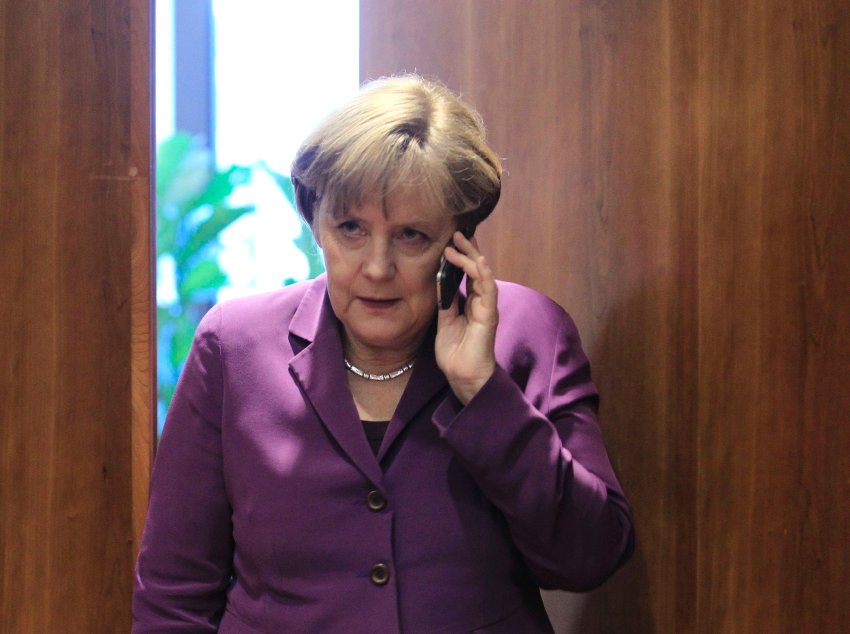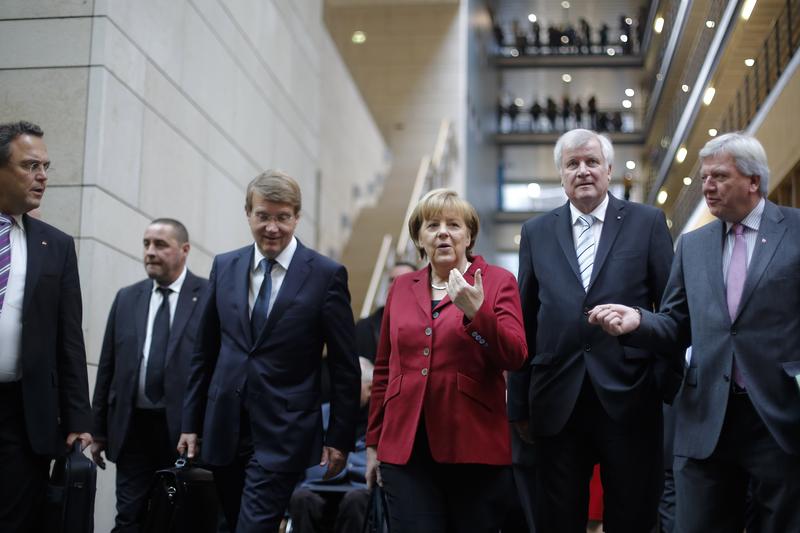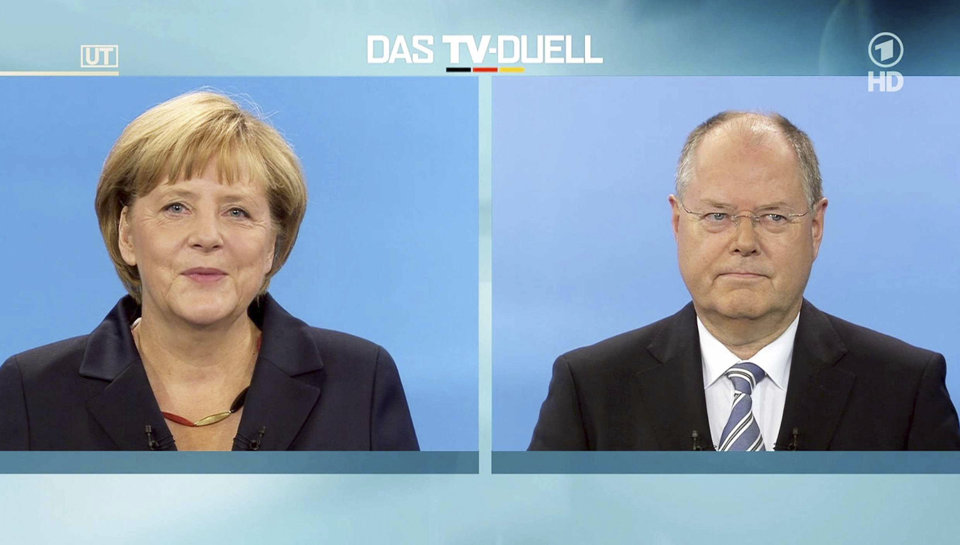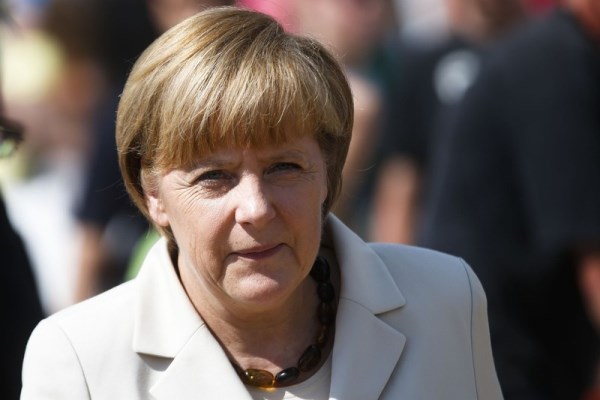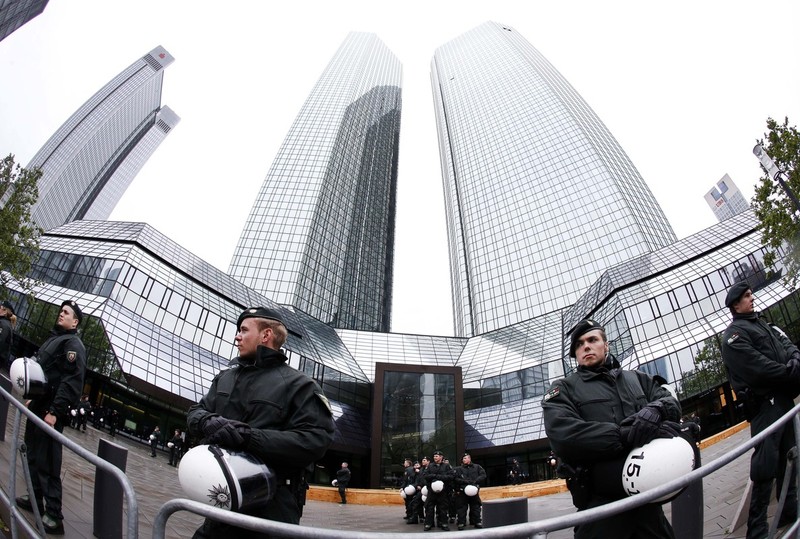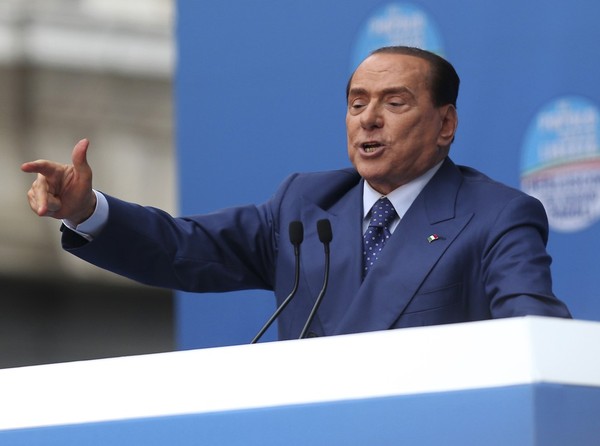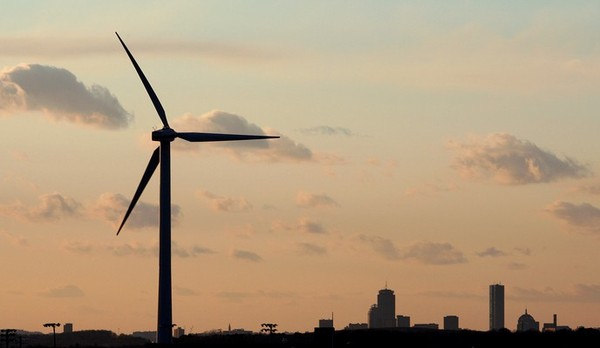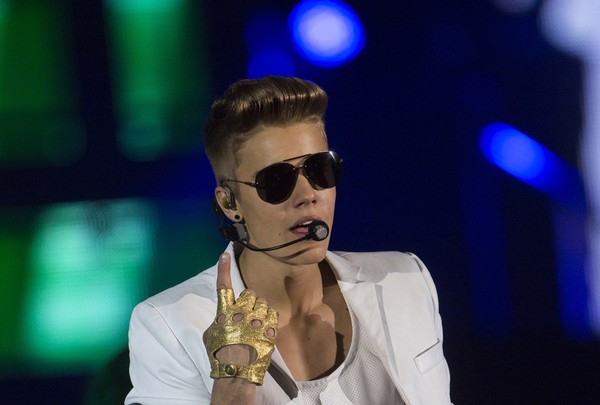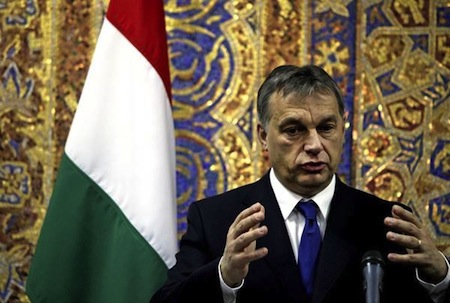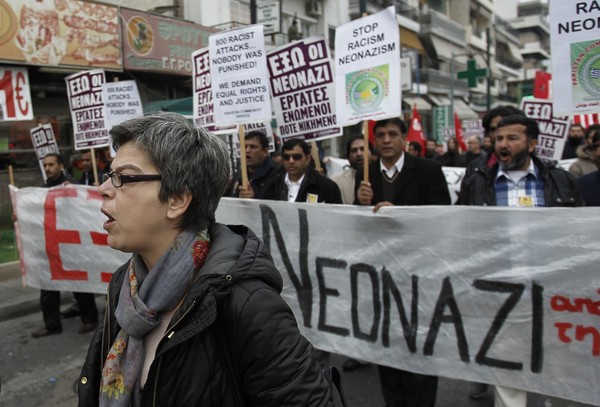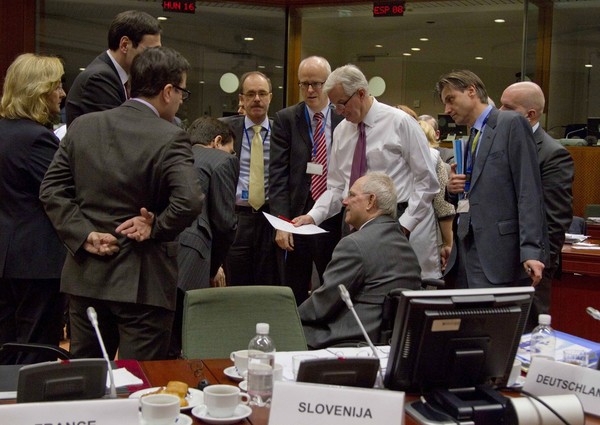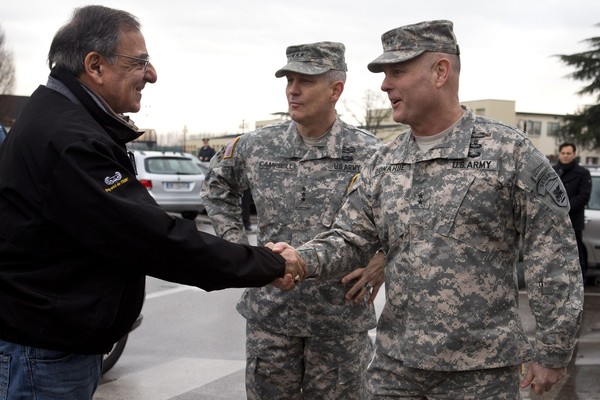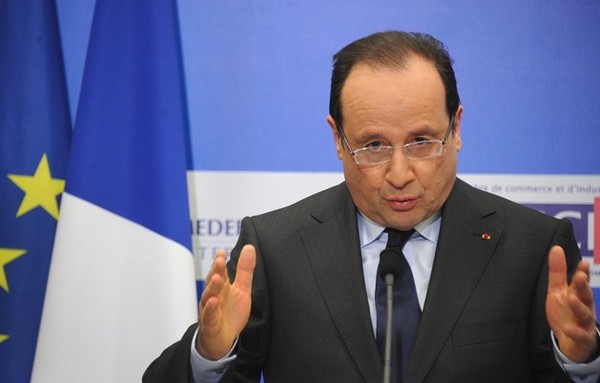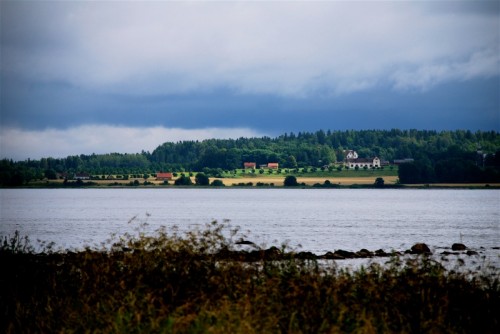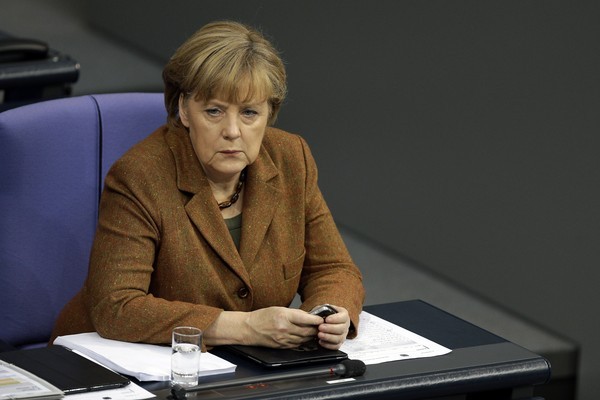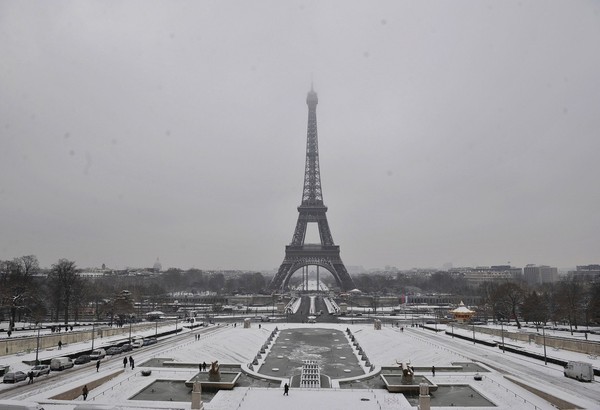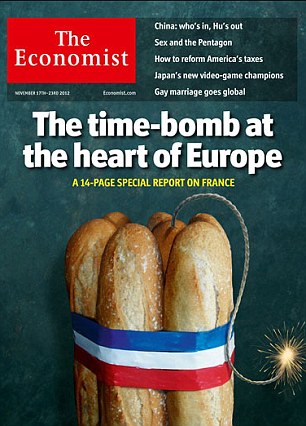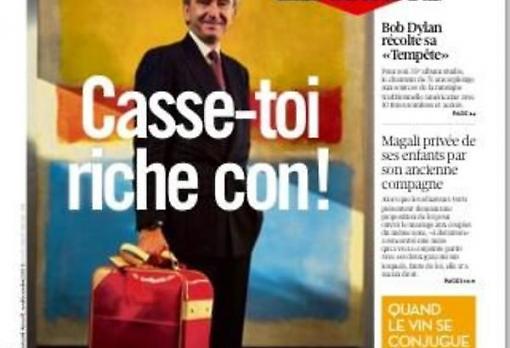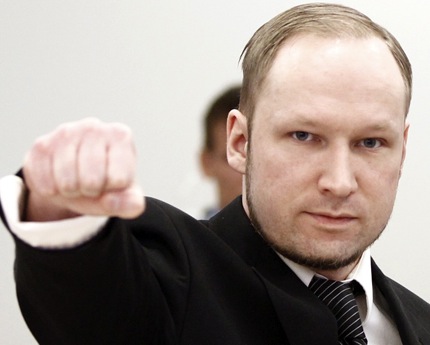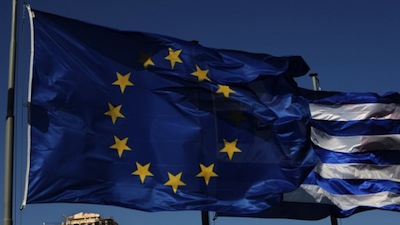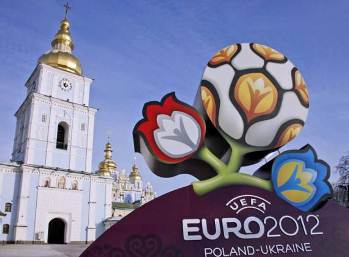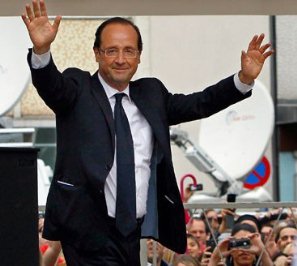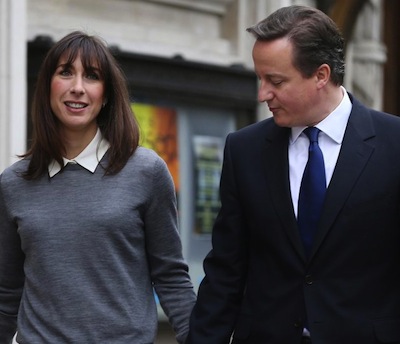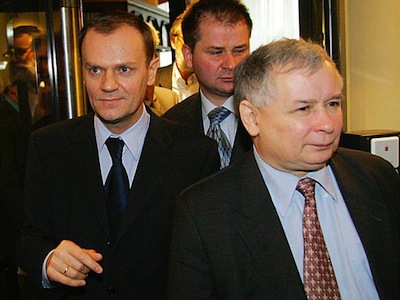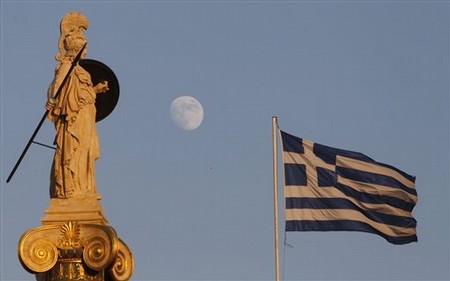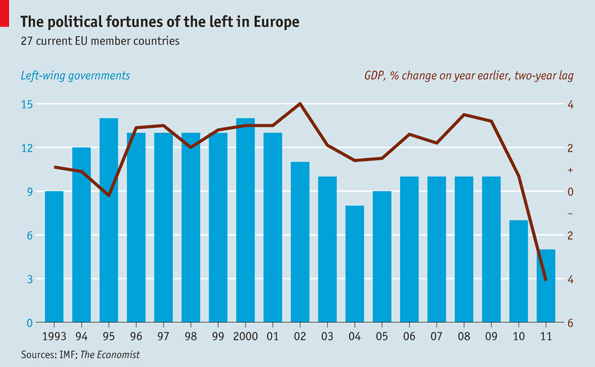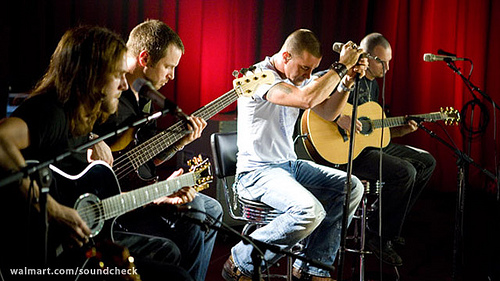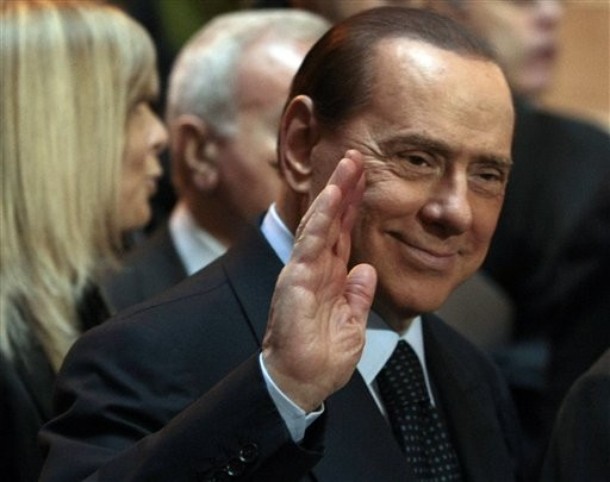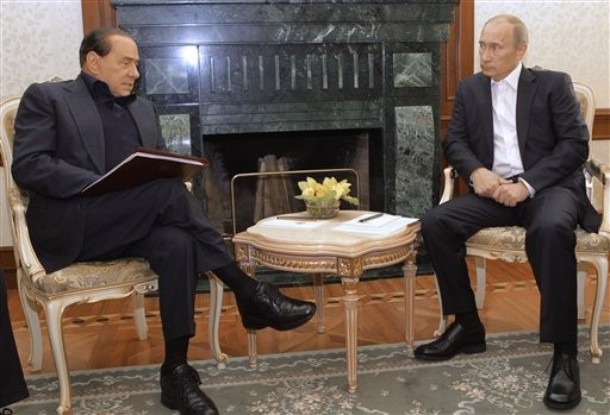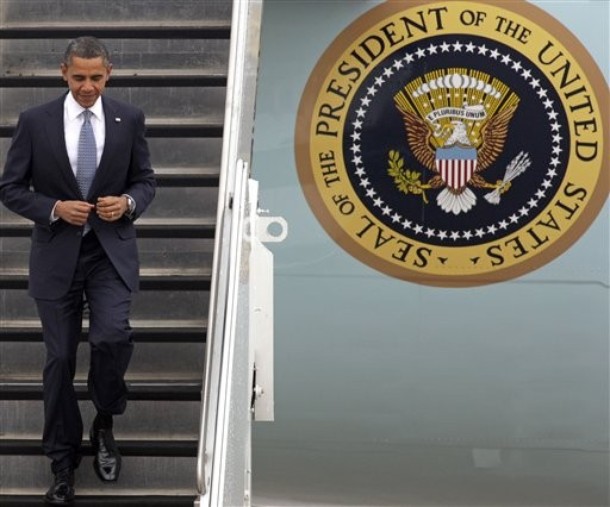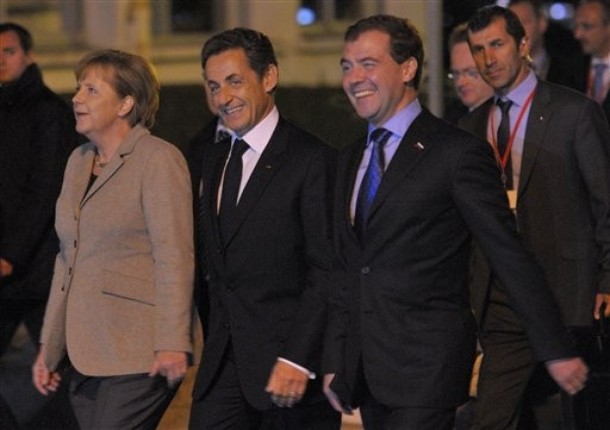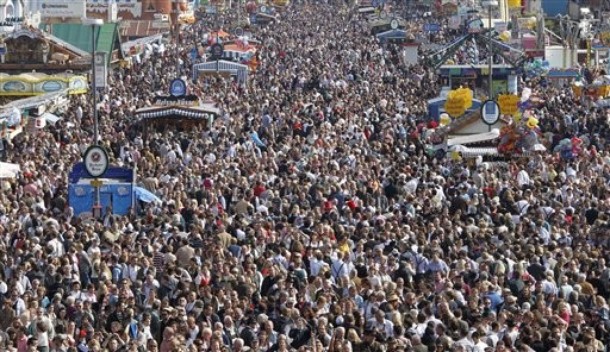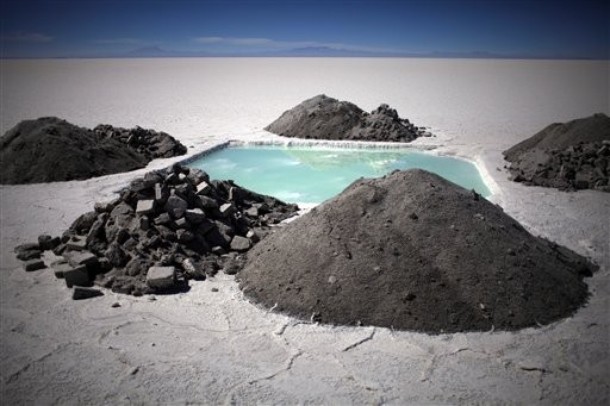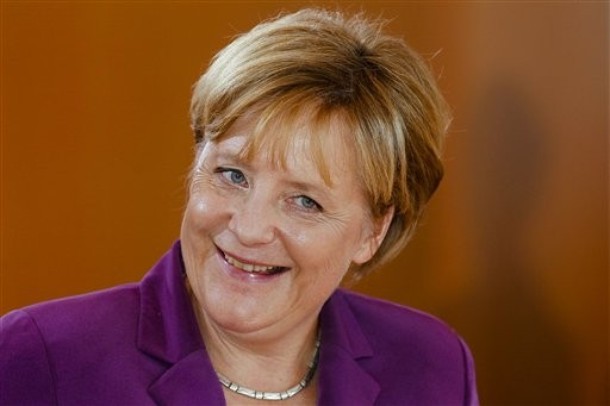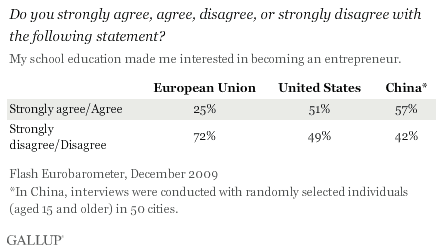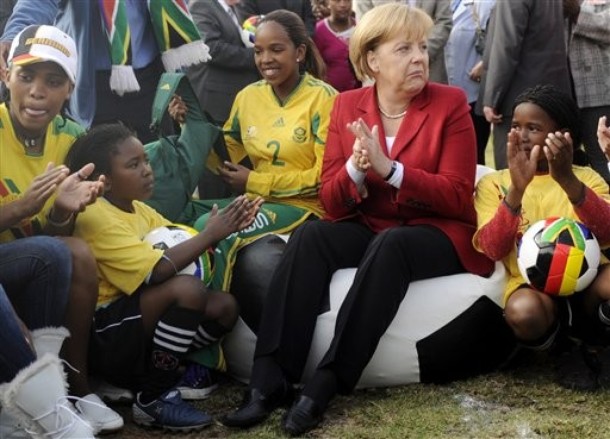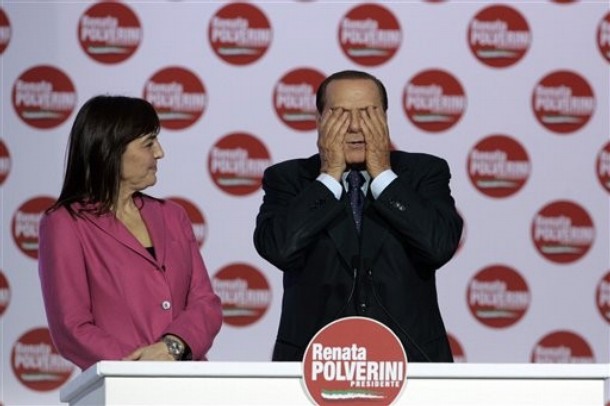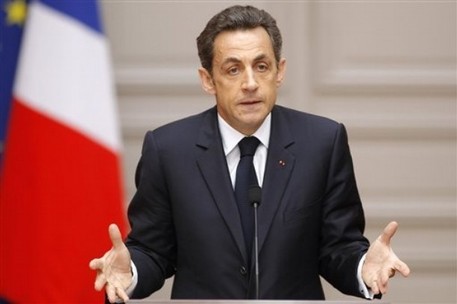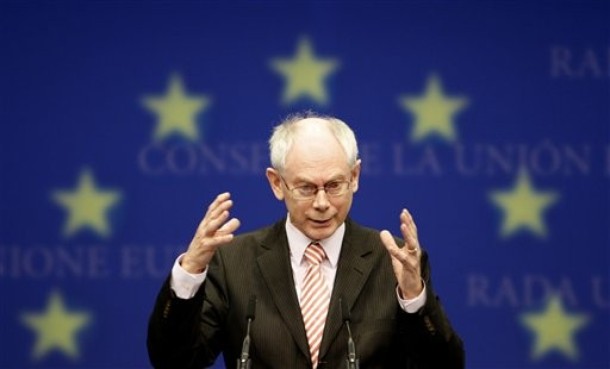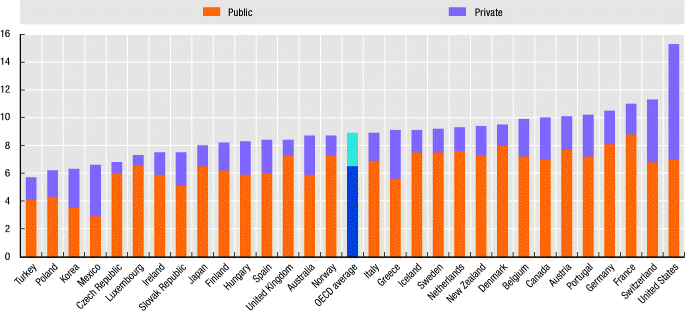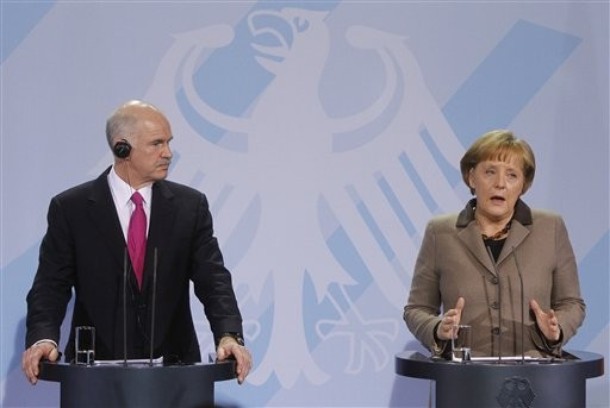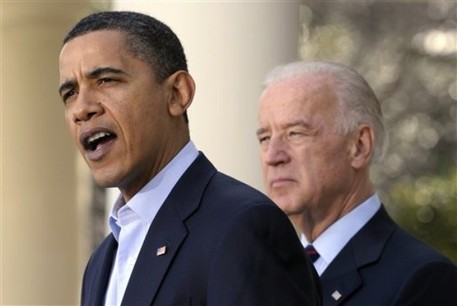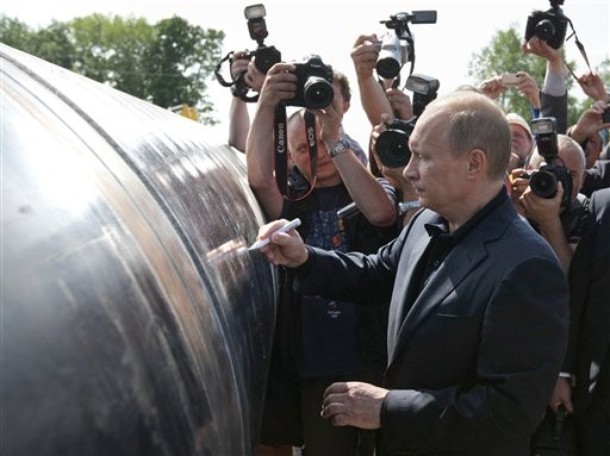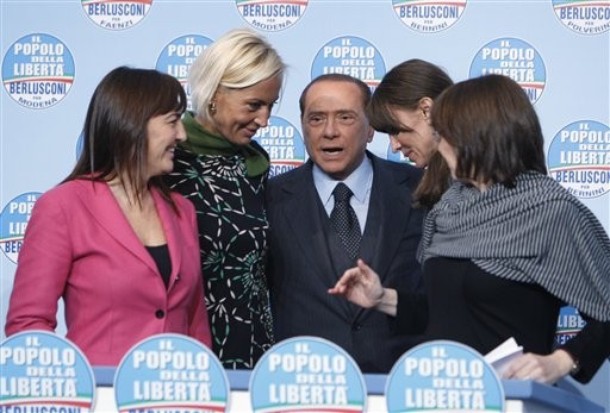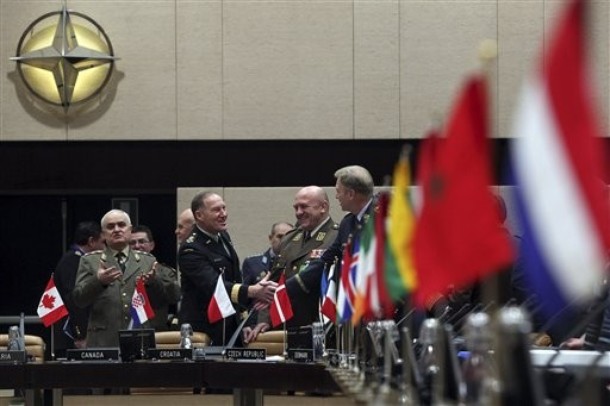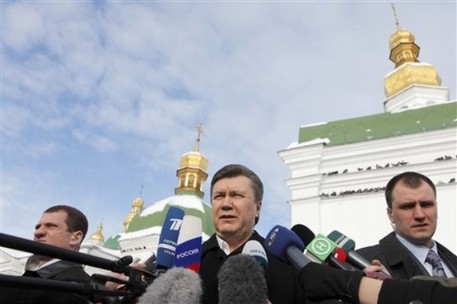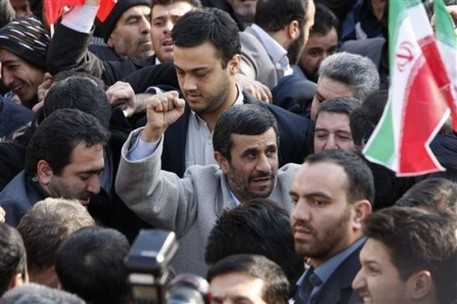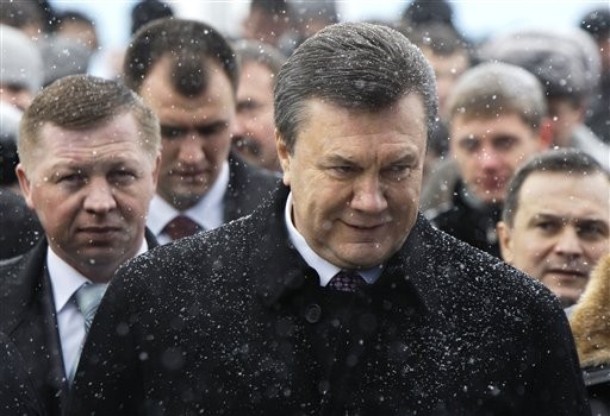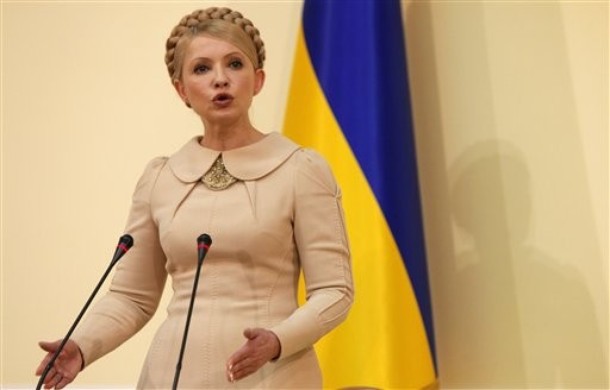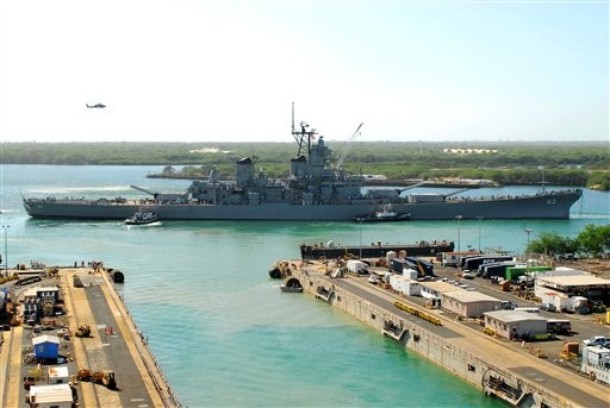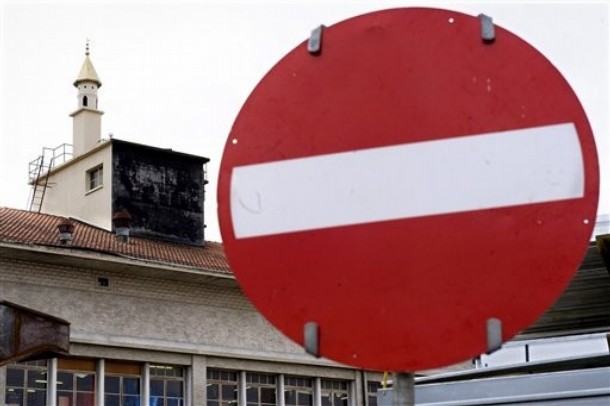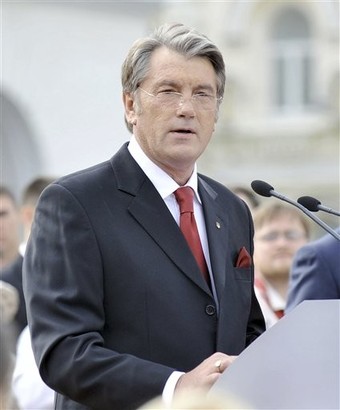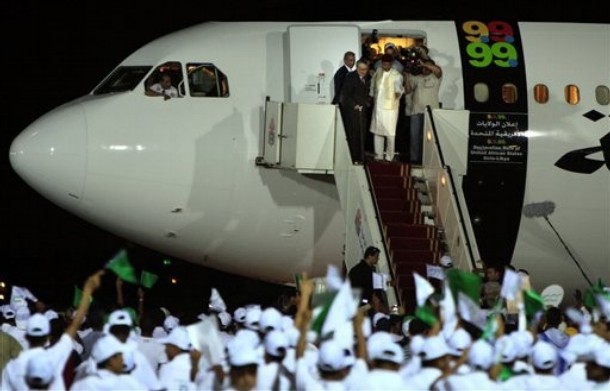Polls opened this morning at 8 a.m. Central European Time (2 a.m. EDT) across Germany for the 2009 federal election. Chancellor Angela Merkel's Chrisitan Democrats (CDU) have a commanding lead in the polls, and there is little doubt that she will remain Germany's leader for the next four years.
The question is: Will she be able to form a center-right coalition with the free-marketer Free Democrats (FDP) or will she be forced to continue the unwieldy grand coalition with the rival Social Democrats SPD), her governing partner over the past four years? The CDU-FDP bloc was above the 50 percent threshold for most of the summer, but as the election approached, its poll numbers have fallen and the possibility of a center-right majority coalition is again in doubt.
The polls will close at 6 p.m. CET (noon EDT). We here at RealClearWorld will monitor the election returns throughout the day until the results are known.
6:10 p.m. CET (12:10 EDT) - The first exit poll results indicate that Merkel may yet get her center-right coalition, with a razor-thin margin. According to ZDF exit data, the CDU is expected to win 33.5 percent of the votes, with SPD at 23.5, FDP at 14.5, the Left Party at 13 and the Greens at 10.
While the combined total of the CDU-FDP bloc is about 48 percent, under Germany's somewhat convoluted (and disputed) system, the CDU, with 228 expected seats, combined with the FDP's 92, will capture 320 seats for the center-right bloc in the 616-seat Bundestag, enough for a majority. [SC]
7 p.m. CET (1 EDT) - While the business of governing coalition will need to be sorted out, the clear loser of the election has conceded its massive defeat. The Social Democrats, in power since 1998, will be booted out of government after its worst showing since World War II.
Once headed by former chancellor Gerhard Schroeder, the SPD's fortune has declined in recent years, beginning with a narrow loss to Merkel and the CDU in 2005. The junior partner in the grand coalition the past four years, the SPD will be out of power all together after getting less than a quarter of the votes on Sunday, according to exit poll data.
Frank-Walter Steinmeier, head of the SPD and Merkel's foreign minister, has already conceded defeat. [SC]
7:30 p.m. CET (1:30 EDT) - The outcome of the election reached a swift end as Merkel has claimed victory and her aim of forming a center-right coalition with the Free Democrats seemingly assured.
From the Associated Press -
BERLIN – Chancellor Angela Merkel has claimed victory for a new center-right government in Germany's general election.
A beaming Merkel told supporters after Sunday's vote that "we have achieved something great. We have managed to achieve our election aim of a stable majority in Germany for a new government."
Projections showed that Merkel's conservatives are headed for a majority with the pro-business Free Democrats, who performed very well in the vote. That fulfills Merkel's hopes of ending her "grand coalition" with the center-left Social Democrats.
Merkel still made clear she wants to maintain her consensual approach, saying "I want to be the chancellor of all Germans."
[SC]
7:45 p.m. CET (1:45 EDT) - A photo gallery of Merkel's victory. [GS]
7:50 p.m. CET (1:50 EDT) - Via Steve Clemons, the CDU-FDP coalition just may give Germany its first openly gay foreign minister, Guido Westerwelle. [KS]
8:10 p.m. CET (2:10 EDT) - The BBC has another exit poll. [GS]
8:20 p.m. CET (2:20 EDT) - Madeline Chambers at Reuters has put together a nice, cursory analysis of today's vote and some of its possible policy ramifications. [KS]
8:45 p.m. CET (2:45 EDT) - More on Guido Westerwelle, the leader of the Free Democrats, likely the top lieutenant to Merkel in the new center-right coalition. He's openly gay, and a fierce free marketer. Westerwelle also may be the most charismatic newcomer on the German political scene. [SC]
9:15 p.m. CET (3:15 EDT) A vote for change? Reuters notes the hurdles:
The new government faces tough economic challenges in what is bound to be a more polarised political atmosphere, with the Social Democrats in opposition. The economy is expected to contract by at least 5 percent this year, and export-led growth is likely to return only slowly. Unemployment is set to explode in the coming months as short-time work schemes run out. The budget deficit is set to top 8 percent of gross domestic product next year, more than twice the EU limit. So 2010 will be an extremely difficult year. But there are some problems that are even more urgent. [GS]
9:50 p.m. CET (3:50 EDT) - Just to compliment Sam's last comment, CAP blogger Matthew Yglesias just so happens to be in Germany, and he makes
the following observation:
One of the oddest things about being in Germany during an election campaign is that I’m pretty sure I have right-of-center views relative to German politics. The CDU believes in limiting carbon emissions and has no intention of scrapping universal health care or eliminating pensions for old people...Conversely, it really does seem to me that labor markets in Germany are counterproductively over-regulated.
In short - the likely center-right coalition notwithstanding - this is no Reagan revolution in Germany. It'll be interesting to see how the German Left regroups and responds to today's mostly mediocre showing. [KS]
10:50 p.m. CET (4:50 EDT) - Even with a victory in the bag, Ian Traynor thinks Merkel is not out of the woods yet:
Non-ideological, centrist, eschewing confrontation, Merkel is calculatedly inscrutable. Her non-partisan strategy won, but did not triumph. Despite her huge personal popularity, she led her centre-right Christian Democratic Union to its second poorest result, taking a projected 33.5% of the vote, two points down on 2005. It leaves her vulnerable to backstabbing within her party. [GS]
12:15 a.m. CET (6:50 EDT) - Adding to Greg's last update, Judy Dempsey of the NY Times breaks down the potential backroom wars facing Chancellor Merkel:
she will also have to defend her right flank from within the conservative parties. “Conservative leaders from some of the other states, notably Christian Wulff from Lower Saxony and Jürgen Rüttgers from North-Rhine Westphalia, will start talking about her credentials as a party leader,” Mr. Langguth said.
Both state premiers have already had ambitions to take over the Christian Democrats in a bid to win back the tens of thousands of supporters who, in 2005 and again Sunday, abstained or voted for the Free Democrats, he and other analysts said.
Mr. Wulff favors creating a separate party leadership apart from the chancellery, arguing that the organization of a party is too time consuming and that the current system concentrates too much power in the chancellor.
But Mrs. Merkel and her predecessor, Helmut Kohl, have resisted such efforts, fearing it would allow too much public dissension to interfere with running the government.
[KS]
1:00 a.m. CET (7:00 EDT) The Financial Times reports that German business leaders are quite happy at Merkel's triumph. [GS]
